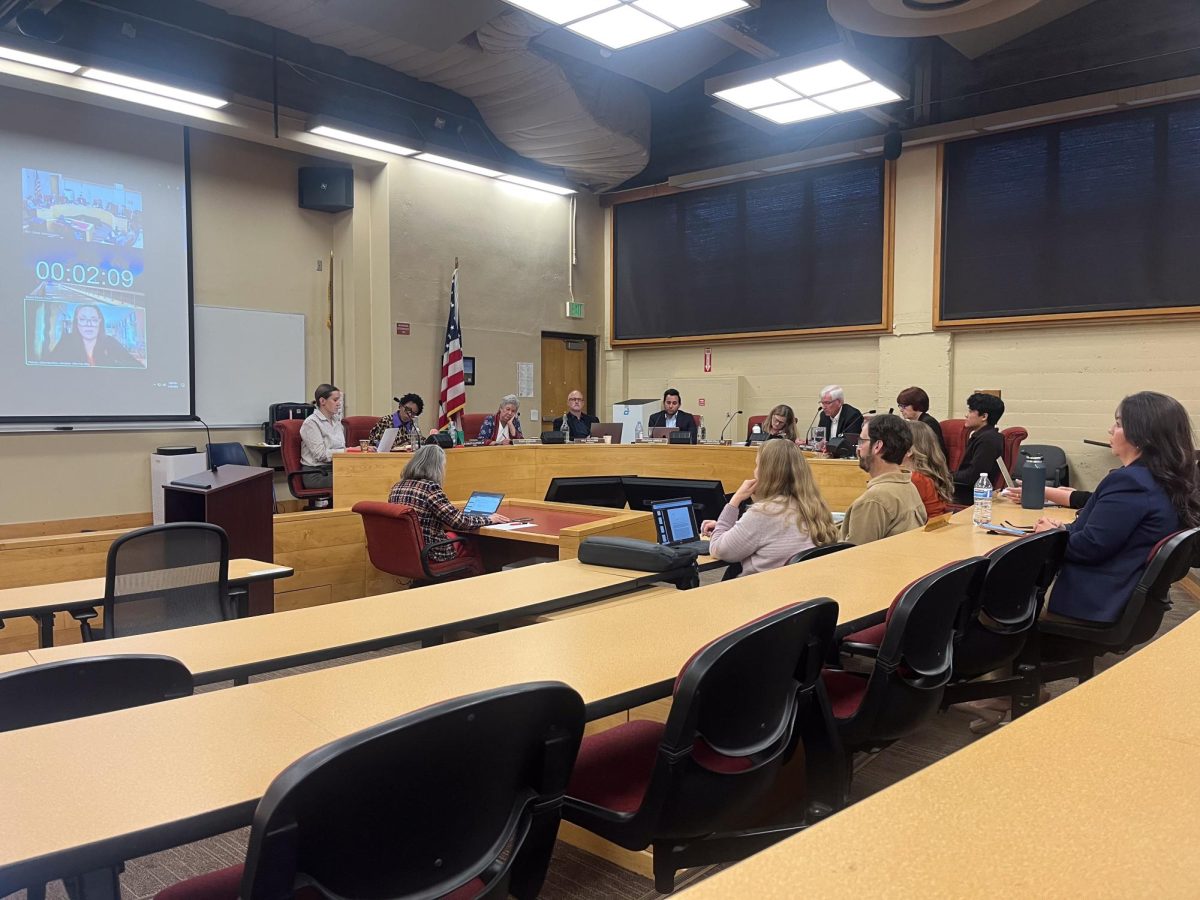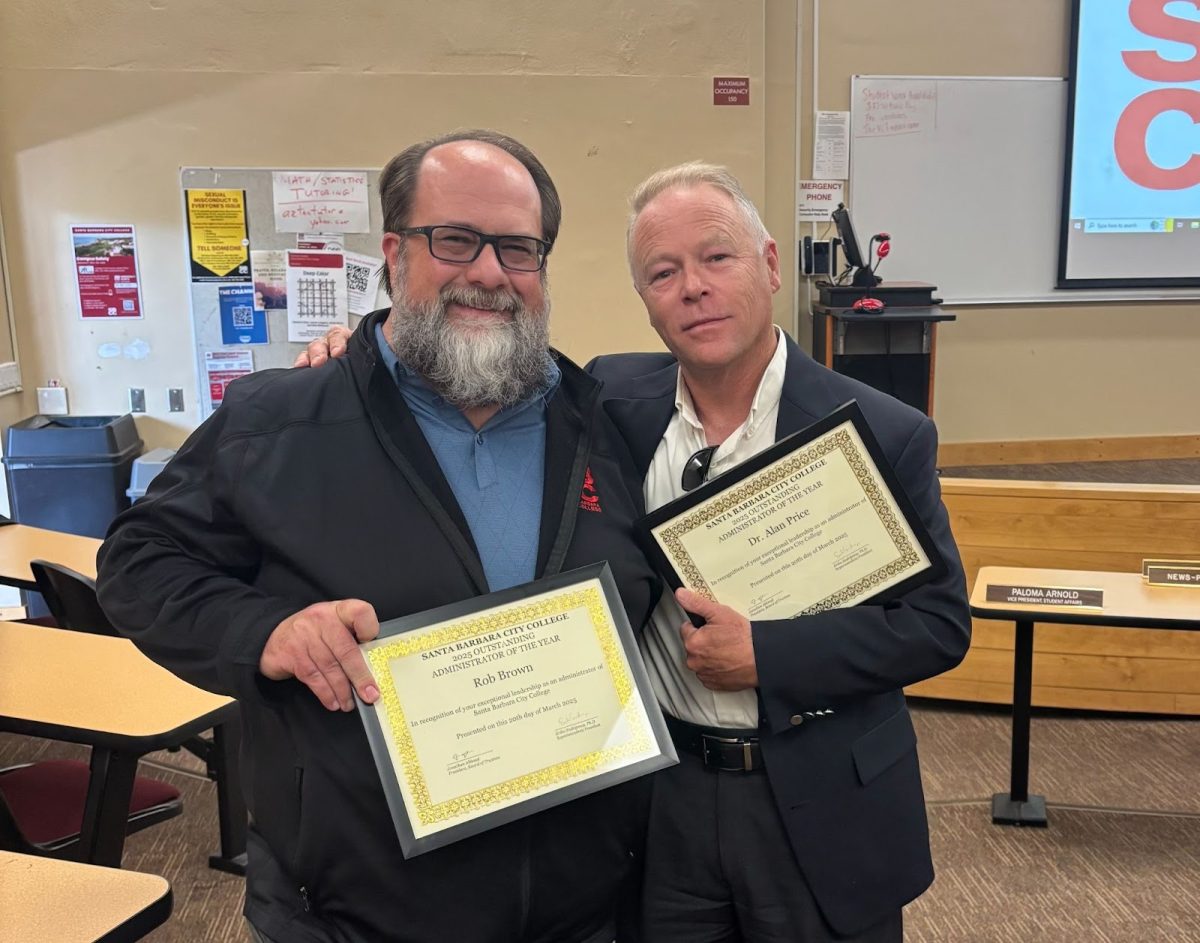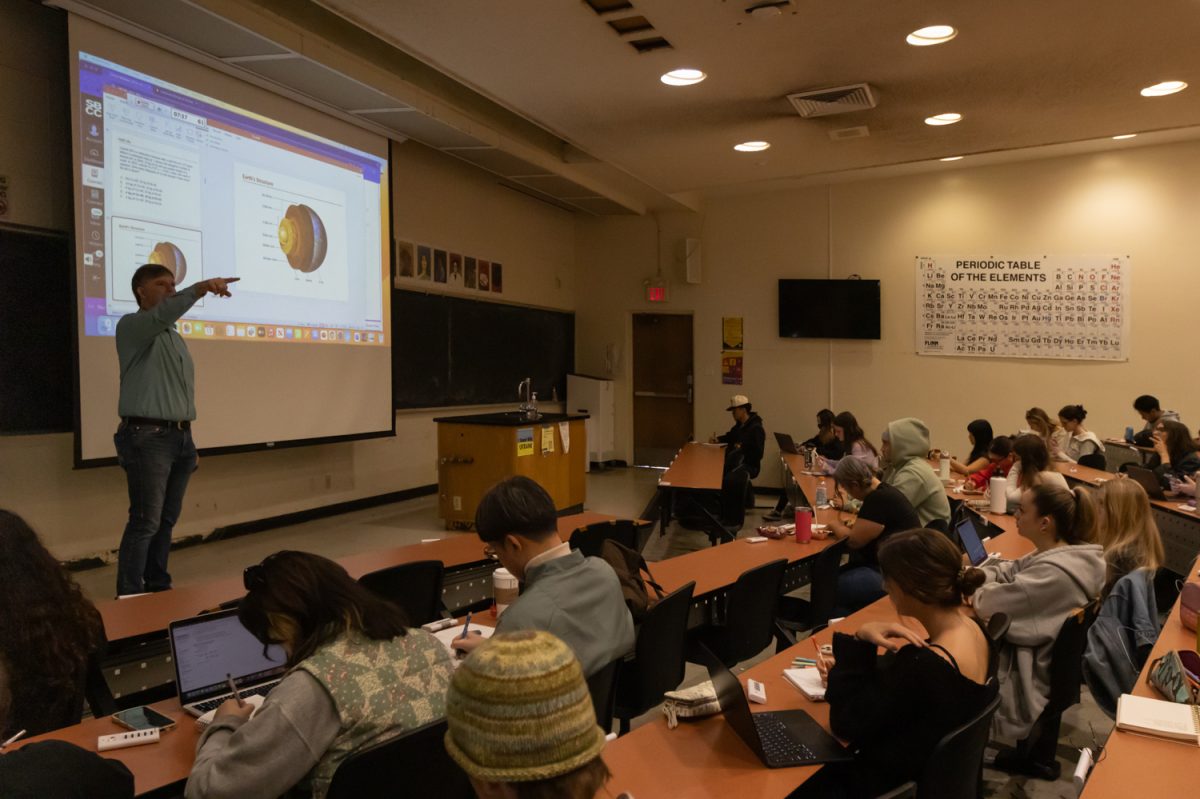The Student Senate is pushing for more affordable textbooks at City College through the College Textbook Affordability Act.
The act, Assembly Bill 798, was signed into California state law by Gov. Jerry Brown. The implementation of the act at City College would give students and instructors an alternative to using textbooks by using open educational resources instead.
These resources would be free to students, and could be used again and again. The resources are not copyrighted, which allows them to be free.
City College students on average spend more on textbooks and other classroom materials than they do their own tuition, said Bryanna Siguenza, student senate vice president of external affairs.
“I would be ecstatic if the school adopted such an amazing program,” said Dakota Cortez, a biology major at City College. “I work two jobs and take 14 units, so whenever textbook season rolls around my wallet dreads it.”
Siguenza has been the main force behind the adoption of the act at City College.
“It’s so crazy” Siguenza said. “And a lot of it has to do with the fact that we’re not offering alternatives to students.”
Siguenza is pushing for the adoption of open educational resource OpenStax. OpenStax was started Rice University in Texas, and is funded by the Bill and Melinda Gates Foundation.
Another alternative is instructor-authored textbooks. These textbooks can sometimes be much cheaper, however they can also be the opposite.
“I know that a lot of teachers offer their own textbooks,” Siguenza said. “But they’re turning out to be more expensive than if I were to buy a textbook from a publisher.”
The senate is in full support of the act, but the Academic Senate still needs to approve it and form a committee for implementation. The committee would need to draft a resolution and apply for a grant.
Academic Senate President Dr. Kimberly Monda declined to speak about the bill until she had more information.

Kim Monda, President of Academic Senate, 2015.
“I would like to wait to give input on this issue,” Monda said. “As I need to learn more about the details about how to apply for the grants.”
Monda will meet with members of the Senate’s Steering Committee on Wednesday, March 2 and will have more information following that date.
Textbook companies have a lot of influence both financially and academically in colleges, so that gives them quite a bit of leverage, Siguenza said.
Another issue is that instructors are used to teaching from certain textbooks and have tests that go along with them. In some cases, their courses have been taught for years and structured around these texts.
“The only thing that I’m afraid of is teachers might be worried about the fact that this is kind of an extra step for their already present workload,” Siguenza said.
Paul Miller, director of the student store, could not give much information regarding the act’s possible effects on the bookstore, but thinks that it would be a good idea.
“I am intimately knowledgeable about and 100 percent in support of the Textbook Affordability Act,” Miller said.
Siguenza emphasized that she doesn’t hope to replace textbooks completely with the adoption of the act.
“It won’t really replace them, it’s a really hard thing to try replacing them,” Siguenza said. “What I’m trying to do is offer an alternative.”










